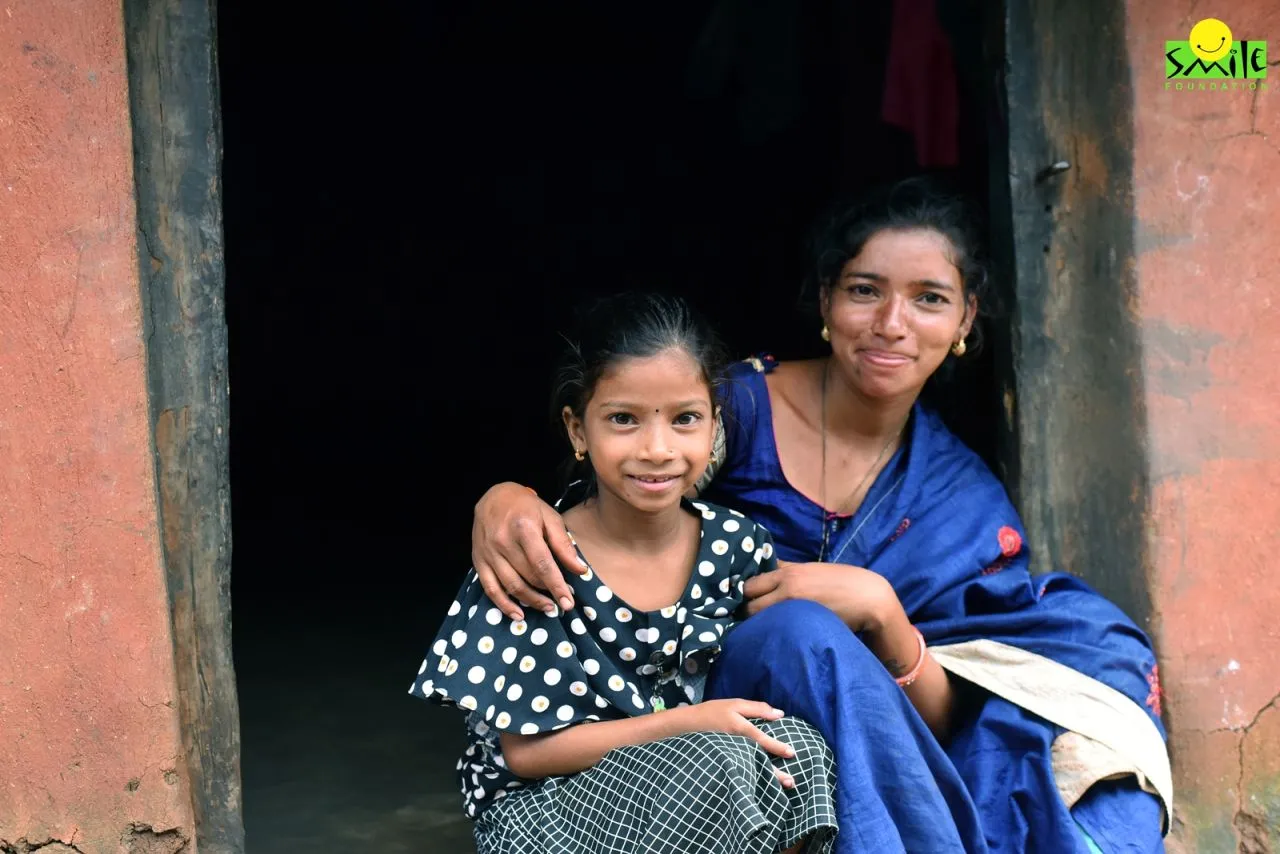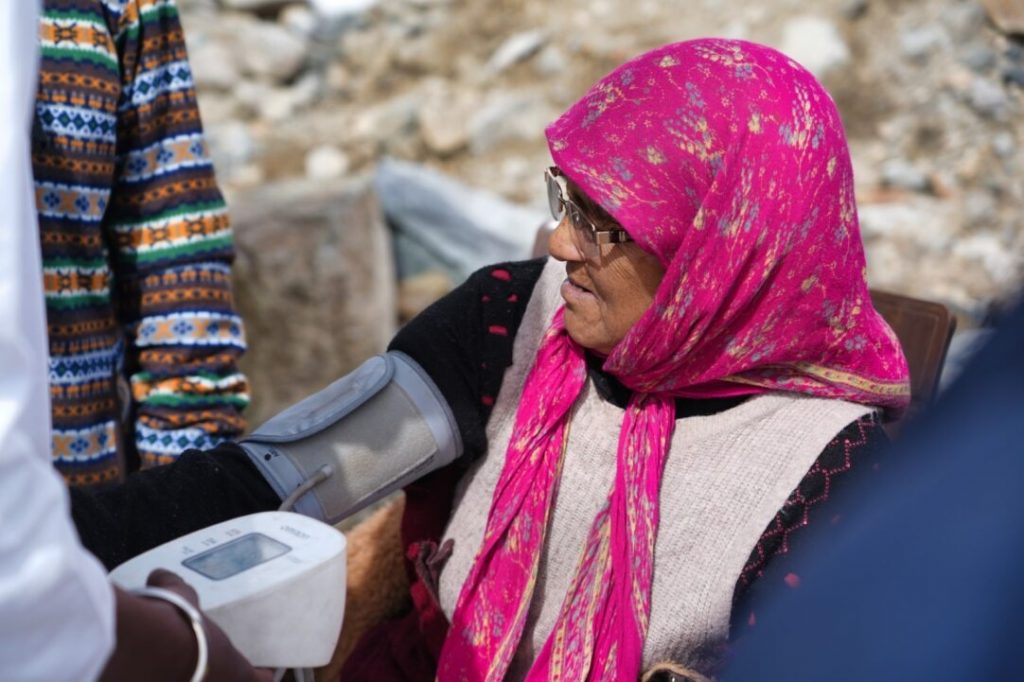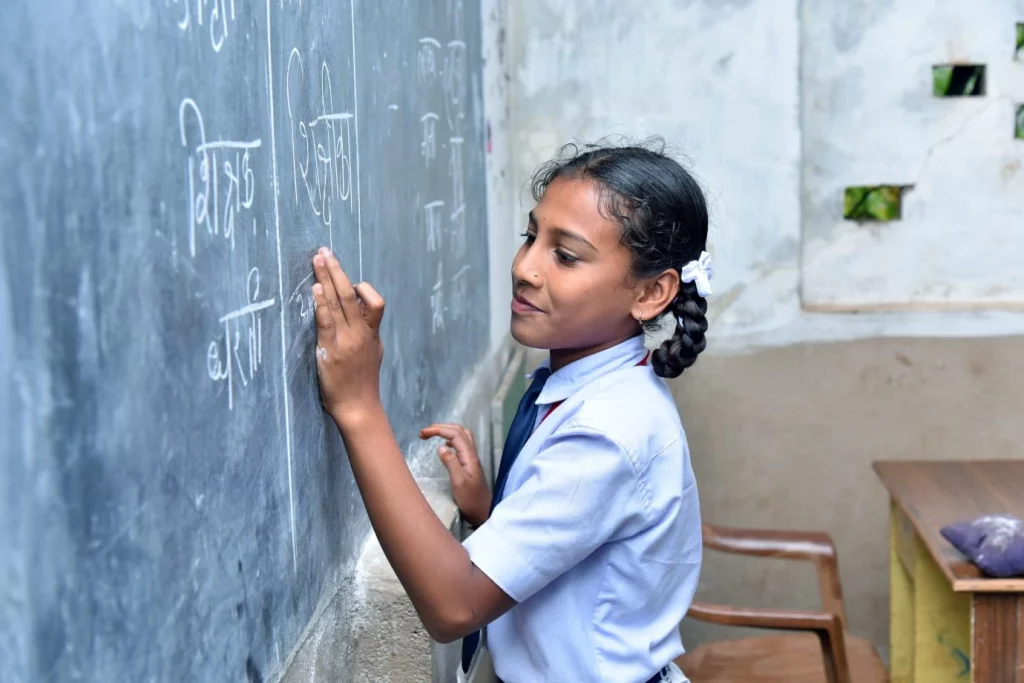Early marriage, commonly referred to as child marriage, is quite prevalent in various parts of the world, especially in South Asia. It has been acknowledged that child marriages have started declining around the globe. Yet, about 650 million girls and women alive today were married when they were children, according to United Nations International Children’s Emergency Fund (UNICEF) data. It means close to 21% of young women are married as children. Data also reveals that about 12 million girls are undergoing child marriage every year, especially in South Asia.
Almost all the countries, including India, have set marriageable ages for their men and women to prevent child marriages in their region. The Indian government passed the Prohibition of Child Marriage Act in 2006 to abolish child marriage. According to the act, a child means a person who, if a male, has not completed 21 years of age, and if a female, has not completed 18 years of age. Child marriage means a marriage, or a marriage about to be solemnized, to which either of the parties is a child. The act not just prevents the marriage of children but also punishes the involved adults. The number of child marriages has dropped from 47.4% in 2006 to 23.3% in 2019-21.
Causes of Early Marriage
There are numerous causes for child marriage, like poverty, lack of awareness, and societal views. UNICEF cites early marriages are driven by deep-seated social and religious views. They are violations of human and child rights. One main reason is that conservative societies often see marriage as a responsibility or obligation of parents. As a result, girls are forced into marriage to complete their responsibility. It doesn’t end there; girls are expected to fulfill their role in ensuring lineage and contributing to the family’s social status. Families with unmarried girls face social stigma, and after some time, girls are seen as a burden by their own families. Marriage is one of the ways to preserve a family’s honour and reputation. It is due to the underlying belief that a girl’s worth is tied to her chastity and her role as a caregiver. Early marriages are often seen as a way to preserve their ‘purity’ and to avoid dishonour.
Health Impact of Child Marriage on Women
Early marriage has always had a negative impact on the physical and mental health of women. Some of them are discussed below.
1. Reproductive health risk: Various studies have found that early marriage had significant effects on the reproductive health of women. Girls who are married at a young age are often subjected to frequent childbearing, unplanned pregnancy, and abortion. This in turn affects their nutritional status. Children born to such mothers will have less chance of survival and a high chance of anthropometric failure like stunting, underweight, and wasting.
2. Early pregnancy and complications: Most of the girls who marry at a young age end up becoming pregnant almost immediately. This means that they have become pregnant even before their bodies and minds are fully matured for the entire process. This puts them at greater risk of complications like obstructed labour, which occurs when the baby cannot pass through the birth canal because the mother’s pelvis is too small. These pregnancies also result in preterm births. It in turn is associated with higher risks of infant mortality and long-term health issues for the baby. Babies born to young mothers are likely to have low birth weight, which can lead to health problems such as developmental delays, respiratory issues, and higher vulnerability to infections.
3. Increased risk of ectopic pregnancy: Child marriage has been playing a major role in increasing the risk of ectopic pregnancy. Ectopic pregnancy is a case where a fertilized egg implants outside the uterus, typically in the fallopian tube. This can lead to infertility or turn into a life-threatening situation if not treated promptly. Since young women in rural India do not have access to proper reproductive health information and often experience unplanned pregnancies, the rate of ectopic pregnancy is high among them. It could be due to numerous factors like lack of contraception or fallopian tubes damaged from early sexual activity.
4. Increased risk of cervical cancer: A research paper titled ‘Marriage and childbearing in relation to cervical cancer’ reveals that “cervical cancer patients are more likely to be married and to have married at an earlier age”. Several other studies also reveal the connection between cervical cancer and early marriage or sexual intercourse at an early age. It is mainly because of the early exposure to human papillomavirus (HPV), and certain strains of HPV, when remaining untreated for years together, cause cervical cancer. Not just that, early and multiple pregnancies also contribute to the cancer.
5. Increased risk of Sexually Transmitted Diseases (STDs): Doctors repeatedly warn that exposure to sexual intercourse at an early age and teenage pregnancy often lead to STDs. This is because they are unable to negotiate safe sexual practices with their partners, and they often become vulnerable to unprotected sex and get the infection. Due to social and cultural norms, girls do not have access to contraception, often resulting in unintended pregnancies. Research has shown that women involved in sexual activity before they turned 21 years have a higher chance of acquiring STDs. The percentage is close to 60%. Also, teenage pregnancies are most likely to create inflammation in reproductive organs.
6. Increased risk of Pelvic Inflammatory Diseases (PID): Though Pelvic Inflammatory Disease – a reproductive tract infection – can affect women of any age, it is prevalent among women subjected to early marriage. Because early marriage exposes girls to sexual activity before they are physically and emotionally mature. This increases the risk of contracting STDs like chlamydia and gonorrhea, which are leading causes of PID. Limited access to reproductive health education and health services; they wouldn’t get treatment on time even if they noticed symptoms like pelvic pain or unusual discharge.
7. Mental health risk: Early marriage has a significant effect on the mental health of women, and it influences their emotional, psychological, and social well-being. Young brides face immense emotional pressure as they quit their childhood to take on adult responsibilities like running a household, meeting spousal expectations, and caring for family members. These responsibilities will lead to chronic stress as they often feel overwhelmed and anxious.
Early marriage also leads to loss of autonomy. Women do have limited control over their choices, including education, career, and social life. They are also separated from their families and friends after marriage. This can result in feelings of isolation and helplessness, which are strongly linked to depression. Also, when a woman feels her value is tied solely to her role as a wife or mother, this lowers her self-esteem and self-worth.
Over a period of time, the compounded emotional, psychological, and social challenges associated with early marriage can have long-lasting effects. Many women who marry young may continue to struggle with mental health issues well into adulthood, including depression, anxiety disorders, and difficulty coping with stress. The emotional scars of early marriage can affect their ability to trust others and maintain fulfilling connections, further reinforcing feelings of isolation or emotional instability.
Smile’s Work
Smile Foundation works to stop the early marriage of girls through a combination of education, advocacy, and community engagement. They focus on empowering girls with education, life skills, and awareness about their rights, creating opportunities for them to pursue a better future beyond early marriage.
Key approaches include:
- Educating Girls: Through programs like Mission Education, we provide quality education to girls, particularly in rural and marginalized areas. This helps girls build confidence and develop skills that offer alternative paths to marriage.
- Awareness Campaigns: The foundation conducts awareness programs targeting families and communities, emphasizing the negative impact of early marriage on girls’ health, education, and future prospects. These campaigns aim to change societal attitudes and discourage child marriages.
- Life Skills and Mentorship: Smile Foundation offers life skills training to girls, helping them understand their rights and develop leadership qualities. Mentorship programs also support girls in making informed decisions about their lives and future, helping them resist pressure to marry early.
- Community Involvement: We work with local communities to create a supportive environment where girls are encouraged to complete their education and delay marriage. They collaborate with local leaders, educators, and health professionals to ensure that communities understand the importance of girl education and the consequences of early marriage.
These efforts aim to reduce early marriage by addressing the root causes, including poverty, lack of education, and traditional beliefs, while promoting gender equality and girls’ rights.
Early marriage has serious consequences on women’s physical and mental health. Addressing these impacts of early marriage requires both preventive measures like awareness, empowerment and access to health resources and healthcare services, and interventions to support the affected women.










